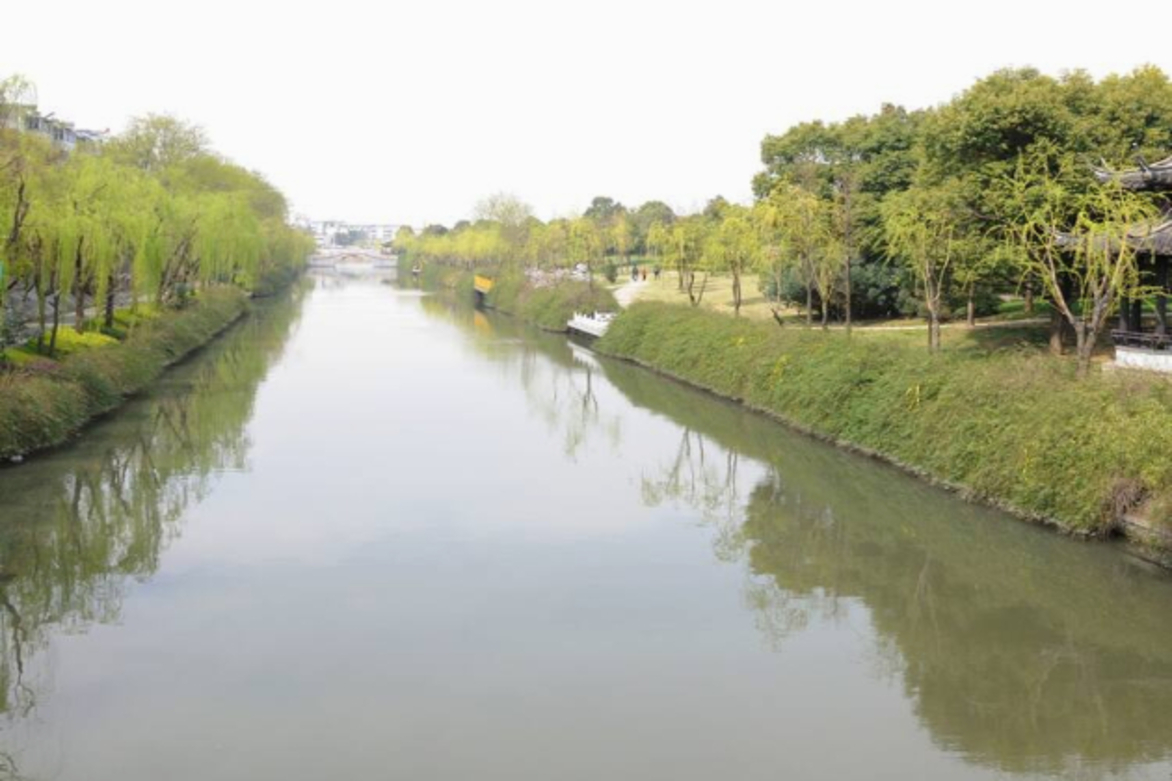$1.2 billion canal project deal signed during Xi’s Phnom Penh visit
Robert Besser
24 Apr 2025

PHNOM PENH, Cambodia: Cambodia and China have revived work on a stalled canal project that aims to connect the Mekong River to the Gulf of Thailand, following the signing of a US$1.2 billion financing agreement during Chinese President Xi Jinping's state visit to Phnom Penh.
The Funan Techo Canal, stretching 151.6 94 miles, will link a branch of the Mekong near the capital to a new seaport in the country's southwest. Construction began last year but was abruptly paused after a groundbreaking ceremony in August. No official explanation was given for the halt, though Prime Minister Hun Manet had vowed the project would proceed "no matter what the cost."
The deal, described as a public-private partnership, was signed by Deputy Prime Minister Sun Chanthol and Ieng Sunly of the Funan Techo Coastal-Inland Waterways Company Ltd. Cambodian investors will hold a 51 percent stake in the venture, while Chinese investors will hold 49 percent. The project is being developed under a build-operate-transfer model.
According to the project agency, the canal will accommodate vessels of up to 3,000 deadweight tons and is intended to reduce logistics costs while supporting Cambodia's shift to higher-value industrial activity.
"The FTC Project will become a new engine driving national economic growth," said Wang Tongzhou, chairman of China Communications Construction Company, which owns the project's construction contractor, China Road and Bridge Corporation. The parent company has faced international scrutiny and is blacklisted by the U.S. for its role in militarizing islands in the South China Sea.
The Cambodian government says the canal will create as many as 50,000 direct and indirect jobs. However, the project has sparked concern in neighboring Vietnam, where environmental groups and officials fear it could disrupt the Mekong's seasonal flooding patterns. That disruption could affect rice production in Vietnam's Mekong Delta, a region critical to global food supply.
Cambodian officials counter that an environmental impact assessment by 48 specialists found minimal risk. They also say the canal's route has been planned to avoid densely populated areas and cultural heritage sites. A compensation and consultation process for affected communities is ongoing.
